We have now been fighting HIV far more successfully for the past couple decades. Antiretroviral therapy (ART) now extends the healthy and long lives of HIV patients. Still, the primary objective is to develop a safe and effective HIV vaccine. In a small-scale clinical trial, the experimental vaccination DHVI showed promise by generating antibodies that neutralize HIV. That encourages people.
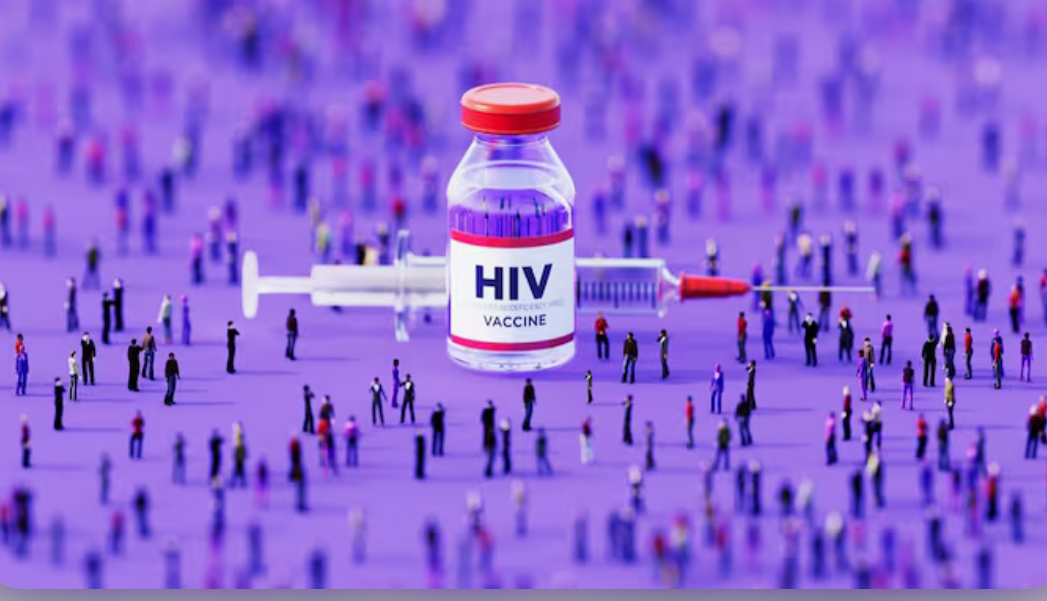
Understanding HIV
The virus known as HIV progressively compromises the immune system, making it less effective in fighting infections and illnesses. It primarily affects CD4+ T lymphocytes. It is through these white blood cells that the immune system functions. Over time, having HIV kills these cells, opening the body to various illnesses.
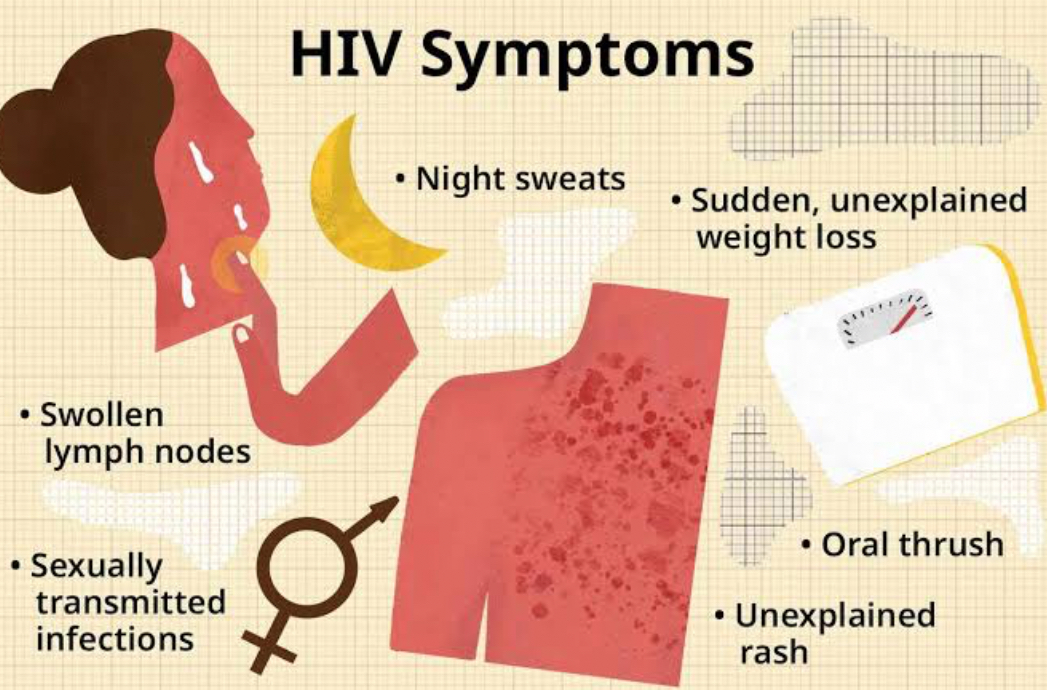
The stage of HIV determines the symptoms. Some patients may first experience fever, exhaustion, and swollen lymph nodes, much as they would with the flu. As the illness progresses, so can weight loss, diarrhoea, and constant exhaustion. Conversely, some people might not exhibit any symptoms for years.
The hard-to-reach goal is to broadly neutralise antibodies
Getting a shot makes your immune system more alert to a disease. If your immune system finds a real virus, it can quickly build a defence that stops the attack. A perfect HIV vaccine would generate antibodies known as bnAbs. These antibodies can fight off many types of HIV.
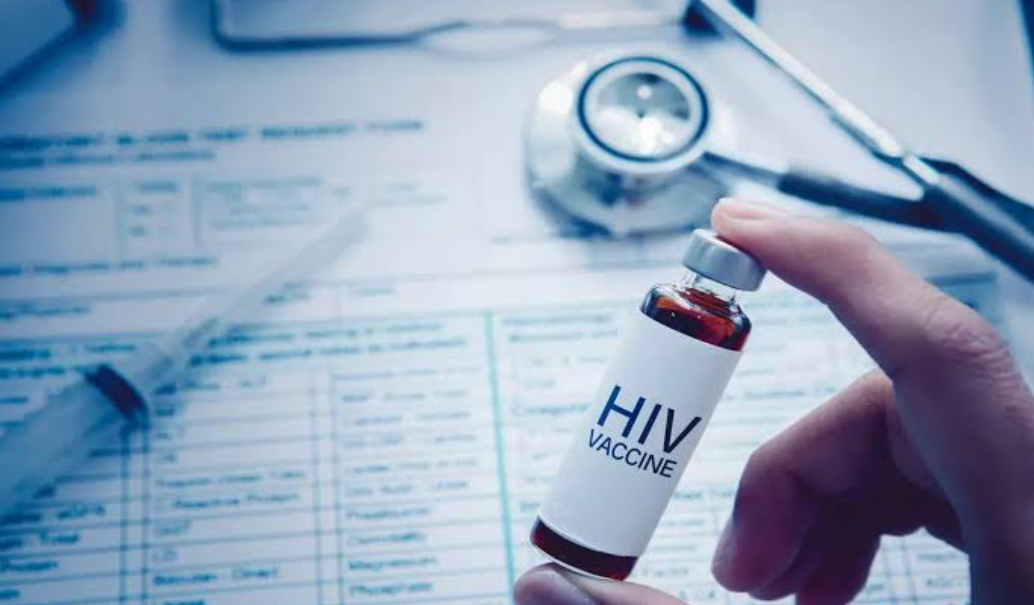
It is very hard to make a vaccine for HIV because it changes so quickly. Unlike some other viruses, HIV's makeup changes all the time. It's hard for the immune system to build a good defence because it changes all the time. Broadly neutralising antibodies might be able to help because they can target parts of the virus that haven't changed much over time.
An Advance in the DHVI Trial
Twenty healthy, HIV-negative people took part in the Phase 1 clinical study of the DHVI vaccine candidate. They got either two or three doses of the vaccine, and the effects were amazing. 95% of the people who took part had a strong antibody reaction after just two shots, and 100% had activated CD4+ T cells, which shows that their immune systems were working well.
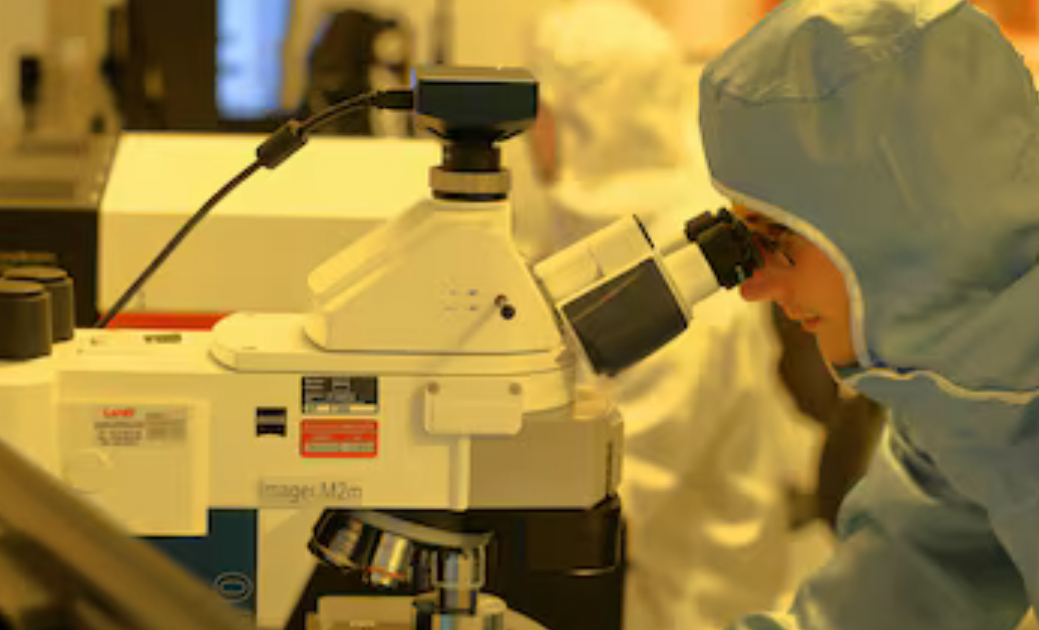
Moreover, the DHVI vaccine produced bnAbs only a few weeks after the first doses. It usually takes years for a normal HIV infection to make antibodies like these, so this is a big step forward. Despite a participant's non-life-threatening allergic reaction, likely due to an additive, necessitating the study's termination, the overall results are highly encouraging.
Moving Forward: Chances and Problems
The DHVI trial will only work if it can make the reaction stronger and last longer. In order to stop the virus from avoiding neutralisation, researchers also want to focus on other weak spots on the HIV envelope. More research is necessary to confirm these early results in larger and more diverse groups of people.
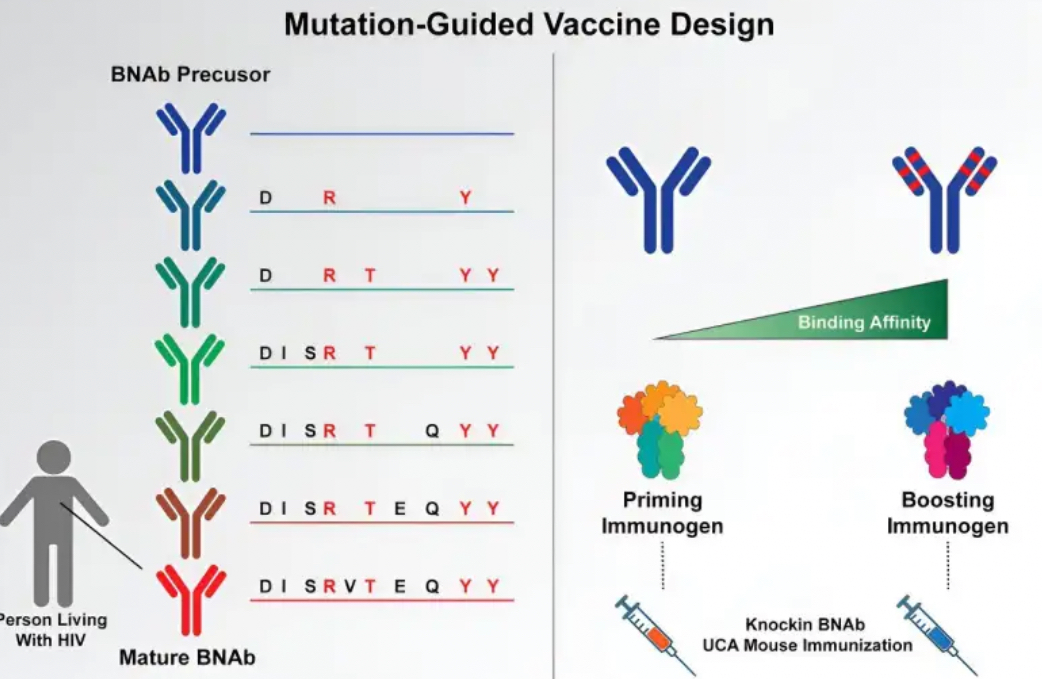
In spite of these problems, the DHVI study is a big step forward. The study demonstrates the feasibility of inducing bnAbs through vaccination. This opens the door for a multi-component vaccine that can effectively eliminate a wider range of HIV strains. This new development gives people who have been trying for a long time hope that they can find an HIV vaccine. This could potentially lead to the future prevention of HIV illness.
A Look Ahead: The Path to an HIV Vaccine
The DHVI study results are a big step forward in the process of making an HIV vaccine. However, the development of a vaccine that is both effective and accessible to a large number of people is likely to be a lengthy and challenging process. For the future, here are some important things to think about:
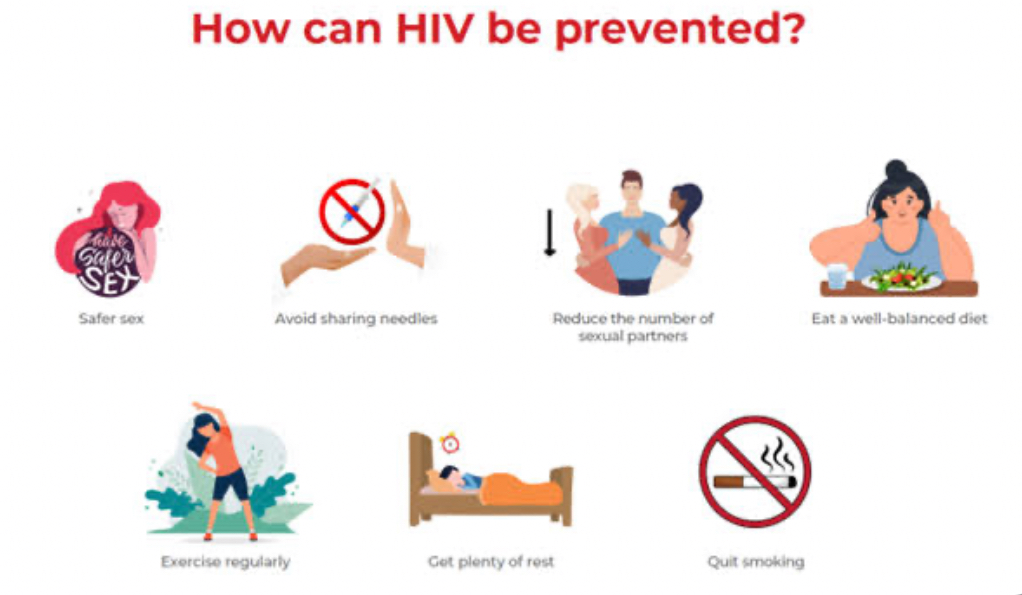
Making the vaccine work better: Scientists need to make changes to the DHVI vaccine so that it causes a stronger and longer-lasting immune reaction. To do this, people might need to get more shots or mix DHVI with other possible vaccines that target different parts of the virus.
Large-scale testing: We need to make sure that the good results from the Phase 1 trial are true for bigger, more diverse groups of people in different parts of the world. In reality, this will ensure that the vaccine works and is safe.
Taking care of the world's needs: A good HIV vaccine should be easy to get and not too expensive in places with few resources. For everyone to have equal access to the vaccine once it's ready, researchers, governments, and drug companies must work together.
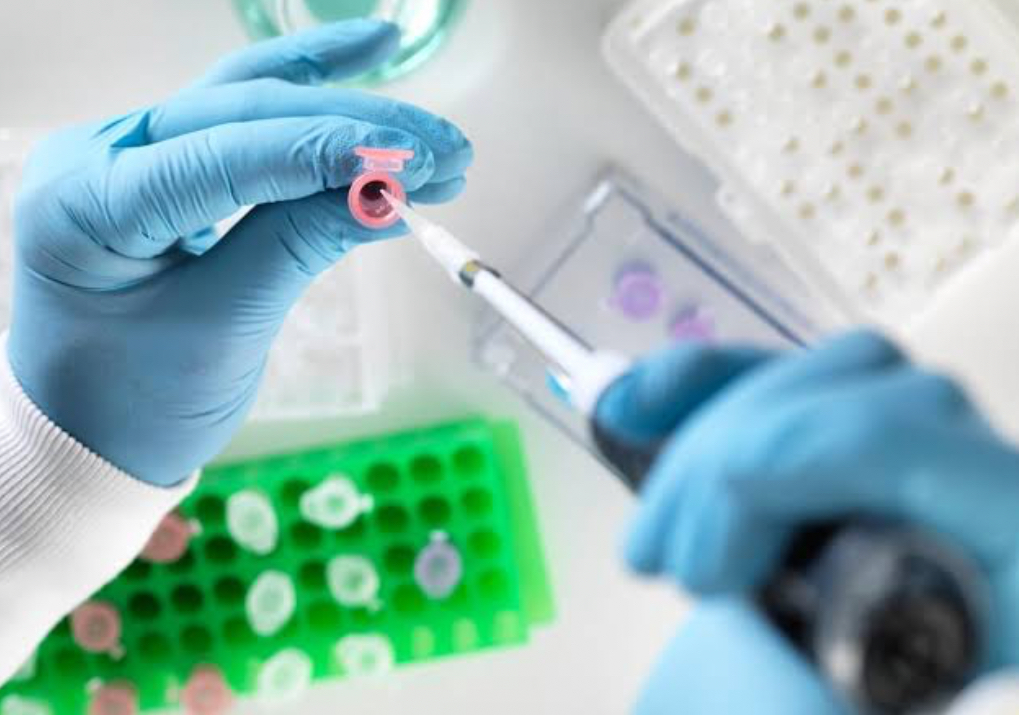
In the end,
In the fight against HIV, the DHVI study has given people new hope. While much work remains, the ability to produce bnAbs through vaccines represents a significant advancement. With more study and help from people around the world, the dream of an effective HIV vaccine may soon come true, paving the way for a future without HIV.
Image Source: Multiple Agencies
Inputs from Agencies
© Copyright 2024. All Rights Reserved Powered by Vygr Media.

















